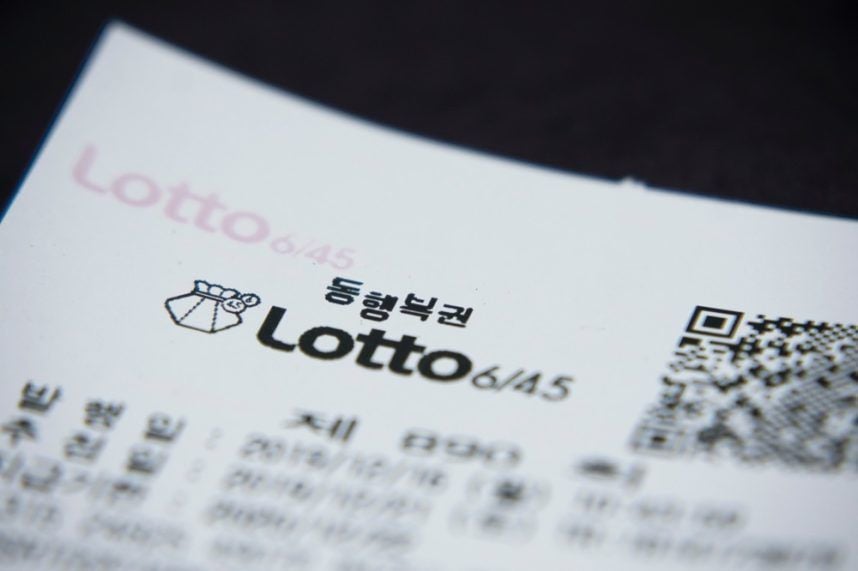South Korea Police Bust Fake ‘Lottery-Prediction’ Network
Posted on: November 21, 2025, 07:20h.
Last updated on: November 21, 2025, 09:10h.
- Gang scammed 27 victims with fraudulent lottery-prediction websites
- Losses totaled 1.2 billion won across three years
- Fake “prediction engines” and fabricated wins kept victims convinced
Authorities in South Korea have detained 10 members of a gang that promised gullible victims they had a failsafe system to predict winning lottery numbers, local media reports.

The gang defrauded 27 people out of 1.2 billion Korean won (US$814K) over three years via the get-rich-quick sham, Busan Seo-bu Police said Friday. All are facing charges under the Specific Economic Crimes Aggravated Punishment Act.
Three members, including the suspected ringleader – a man in his 30s referred to only as “A” – have been indicted on charges of fraud under the Special Act on the Punishment of Lotteries and remain in custody.
Preposterous Claims
The group ran four websites advertising its ludicrous promise: access to jackpot-winning lottery numbers, available only after paying an up-front fee. They told victims the money was needed to produce “special balls” and to lobby the Donghaeng Lottery – explanations that local reports don’t clarify.
Most victims were in their 40s to 60s, with individual losses ranging from tens of millions to hundreds of millions of Korean won, police said.
There have been increased reports of these schemes in South Korea. In April, the operator of another fake lottery-prediction site was sentenced to 12 years in prison by the Incheon District Court for defrauding victims out of more than 40 billion won ($28 million) over the course of two years.
The mastermind of the scheme employed 52 people to run a website that deceptively claimed to provide scientifically generated lottery numbers.
‘Lottery Number Prediction Engine’
The group marketed a supposed “lottery number prediction engine,” asserting it used mathematical analysis to identify winning combinations. In truth, the numbers were produced at random, and the prediction engine was entirely fictitious.
The fraudsters even posted predicted numbers after the real draw, and manipulated it so that it looked like their prediction engine had been accurate.
Typically, scammers keep their victims convinced by showing fake winning numbers or (fabricated) testimonies from previous “winners.” They may even promise a refund if you don’t win – also a lie.
Ultimately, short of buying up every possible combination of winning tickets (which is only profitable under the right circumstances), there’s no system to beat the lottery, which is a game of complete chance.
“Numbers arbitrarily generated and sent as ‘first-prize lottery numbers’ have an extremely low chance of actually winning. People should not fall for the sweet temptation of guaranteed wins,” a Busan Seo-bu Police spokesperson warned.
No comments yet